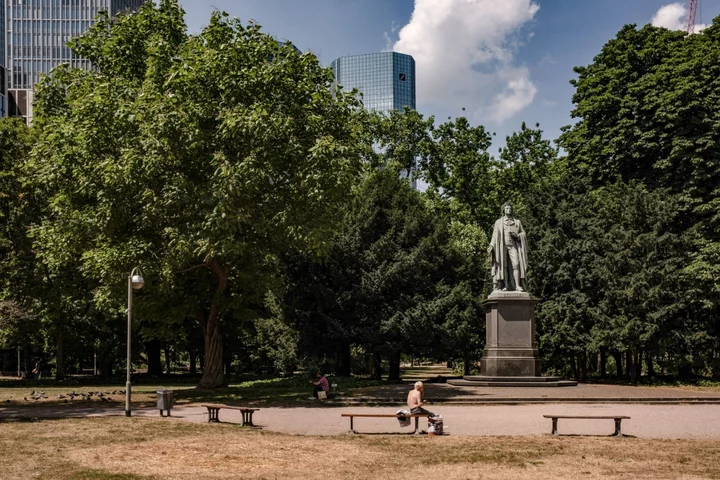
Heat Builds in Germany This Week as Iberia Finally Gets Cooler
Large parts of Germany will be hotter than normal through this week, driving up energy demand for cooling
2023-08-14 16:28

How Biden’s Regional Carbon Cleanup Hubs Could Spur Innovation
The Biden administration awarded $1.2 billion in support of companies looking to pull carbon from the ambient air
2023-08-13 19:25
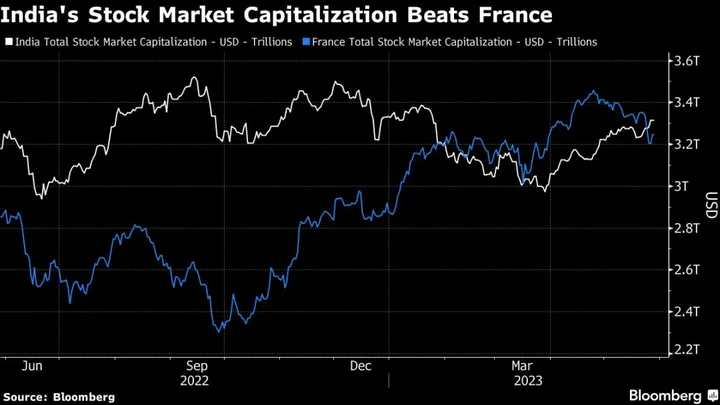
Record-Bound Indian Stocks Reclaim Spot in World’s Top 5 Markets
India reclaimed its spot as the world’s fifth largest stock market after losing that status to France in
2023-05-29 14:25
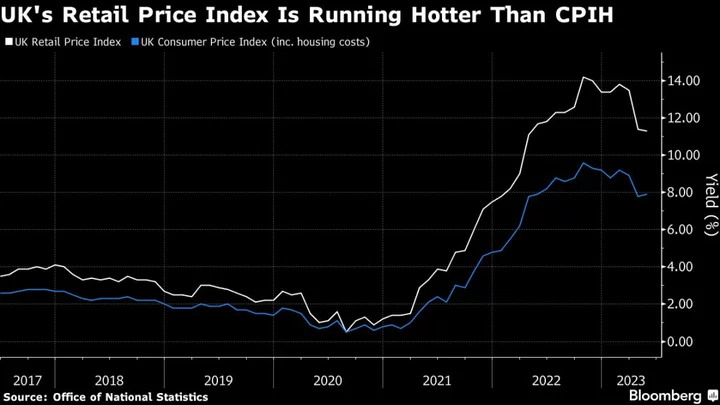
Privatized Britain’s Debt Load Is Now a Major Government Problem
For decades since they were privatized, the UK’s public service providers have favored inflation-linked bonds as a cheap
2023-07-09 13:17

Australian A-League club Perth Glory goes into receivership
Australian A-League side Perth Glory was placed into receivership Saturday after the long-term owner said he could no longer fund the club, partly...
2023-07-22 15:55
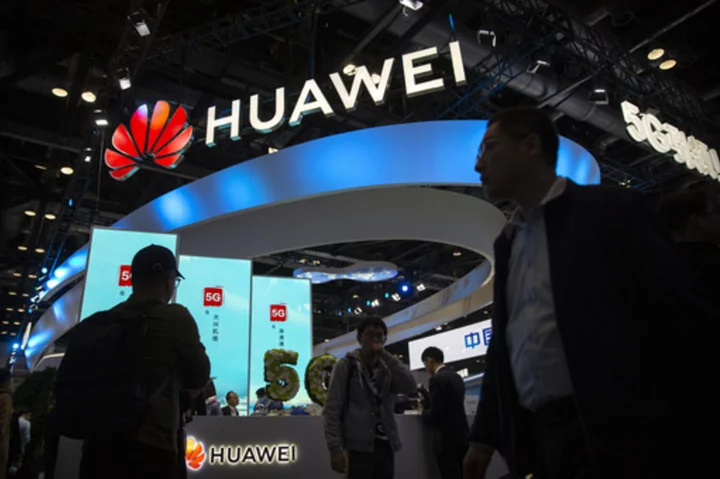
Taiwan probes firms suspected of selling chip equipment to China's Huawei despite US sanctions
Taiwan's economy minister has confirmed that regulators are investigating four Taiwanese companies suspected of helping China’s Huawei Technologies to build semiconductor facilities
2023-10-06 18:58
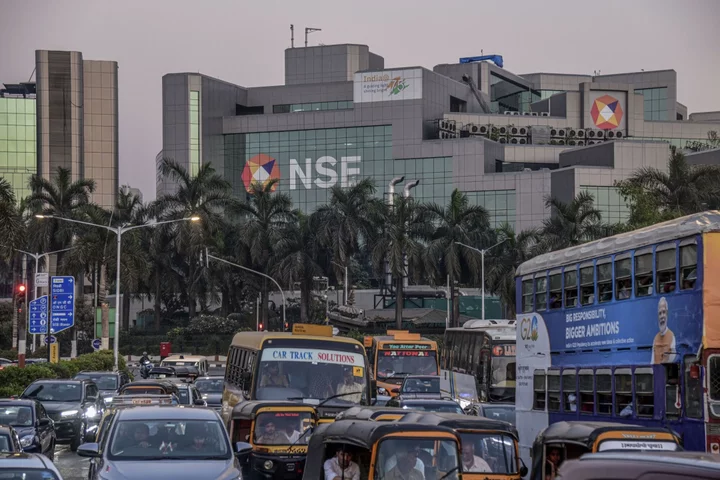
India Seeks More Disclosures from Foreign Funds After Adani Saga
India’s capital markets regulator proposes to seek more disclosures from foreign funds with large holdings in local stocks
2023-05-31 13:54
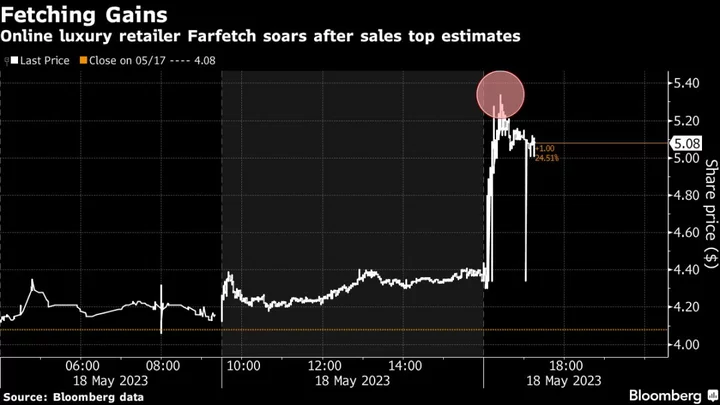
Online Luxury Retailer Farfetch Surges as Consumers Keep Splurging
Farfetch Ltd shares jumped as much as 23% in after-hours trading following financial results that beat Wall Street’s
2023-05-19 05:59

East West Bank Appoints Dr. Jason Hsu of Rayliant Global Advisors as Chief Economist
PASADENA, Calif.--(BUSINESS WIRE)--May 23, 2023--
2023-05-24 04:56
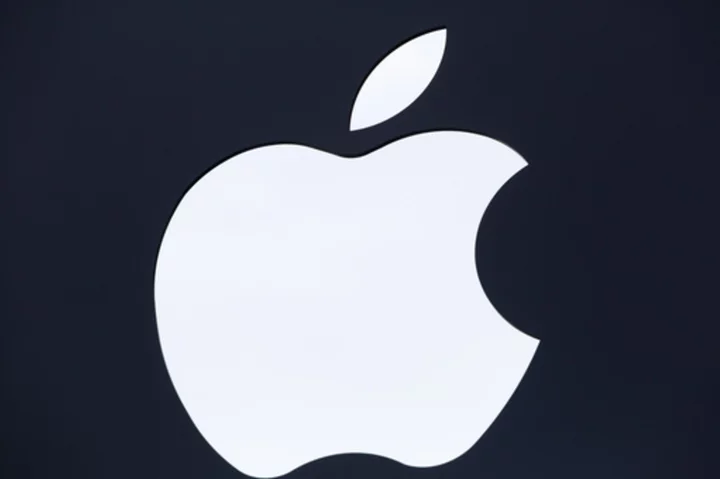
Is that all there is? Big companies' 2nd quarter profit reports earn a big yawn from Wall Street
Stocks usually rise when companies make more in profit than analysts expected
2023-08-10 20:29

Italy shocks banks with 40% windfall tax for 2023
By Angelo Amante, Giuseppe Fonte and Valentina Za ROME (Reuters) -Italy dealt a surprise blow to its banks and sent
2023-08-08 19:47

Momentus and RIDE! Space Collaborate to Connect SmallSat Operators to In-Space Services
SAN JOSE, Calif.--(BUSINESS WIRE)--Nov 8, 2023--
2023-11-09 07:48
You Might Like...
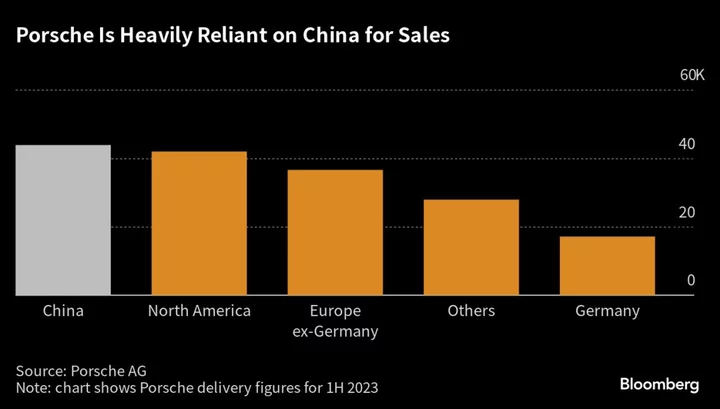
Mercedes S-Class, Porsche Stand to Lose Most in China EV Row

Sertex Broadband Solutions leverages Adtran Mosaic One to bring high-speed fiber connectivity to Block Island

LNG Demand to Keep Rising on Asia’s Energy Growth, Woodside Says

United Airlines in $30 million settlement with quadriplegic man's family

SpineX Receives NIH SBIR Phase II Award for SCiP Clinical Trial in Children With CP

EU and Australia Deadlock in Push for a Free-Trade Agreement

Lordstown Motors founder sells remaining stake in EV startup

German economy stagnates in Q2 after winter recession
